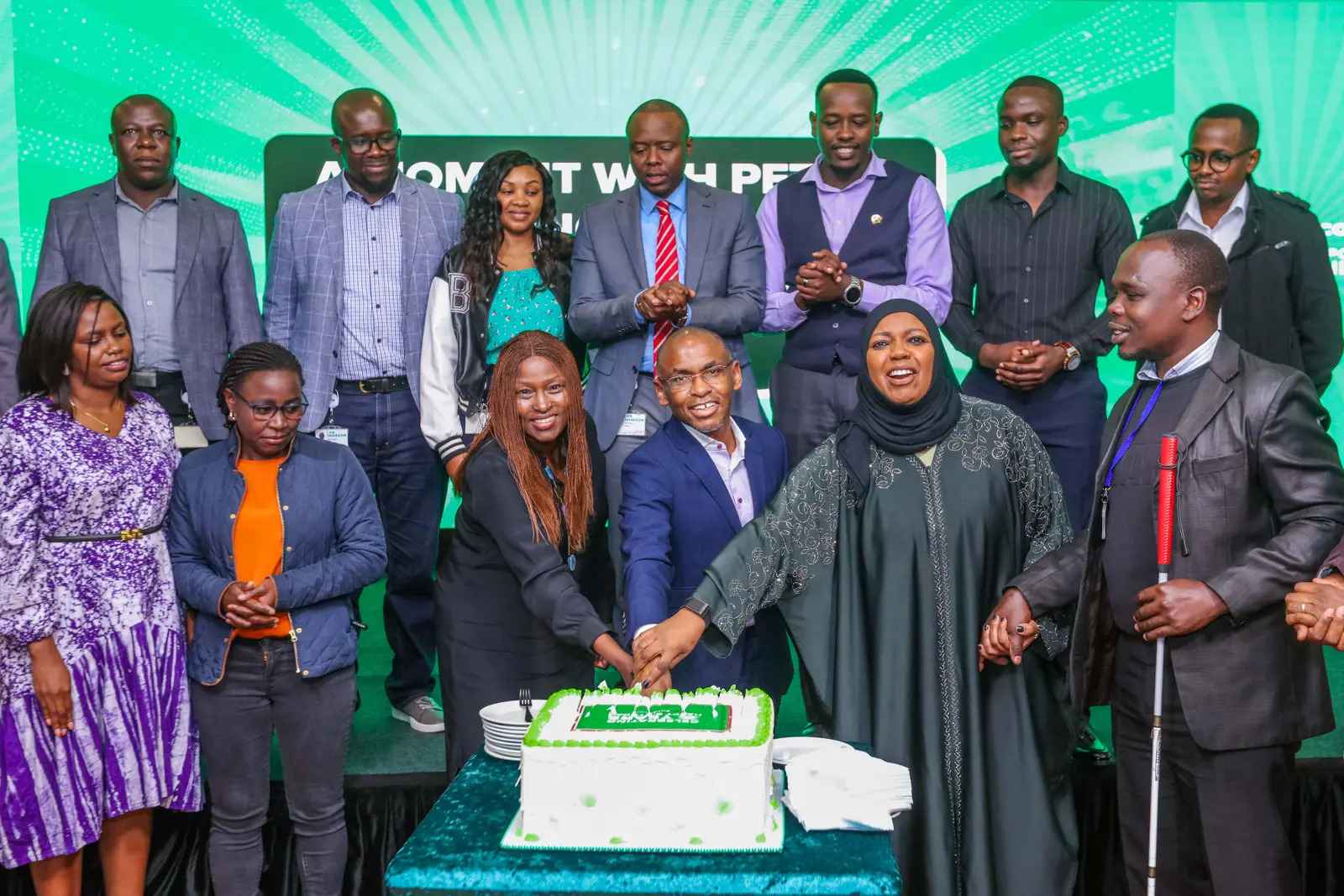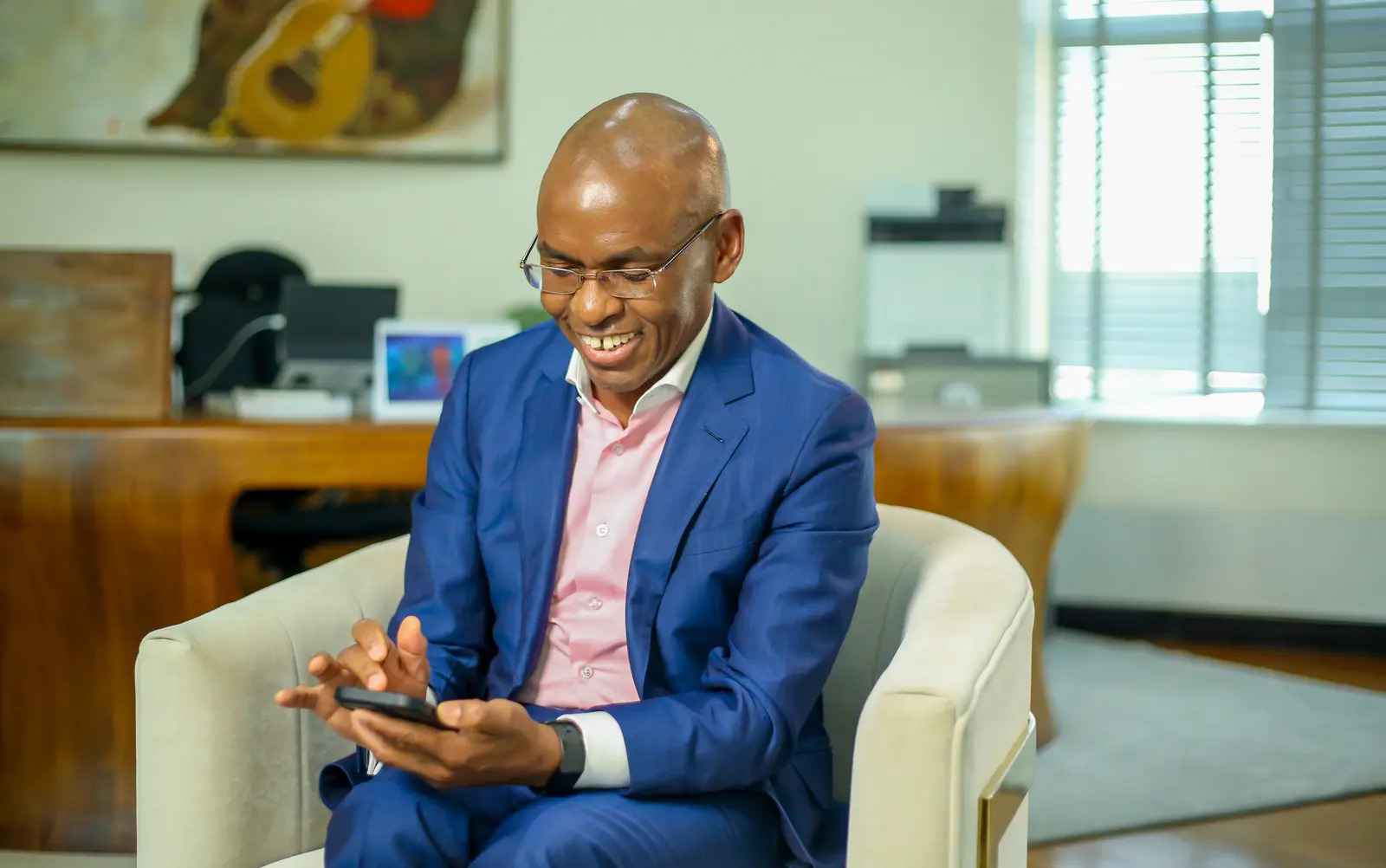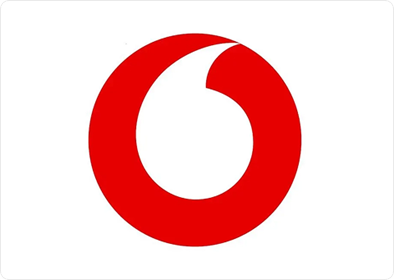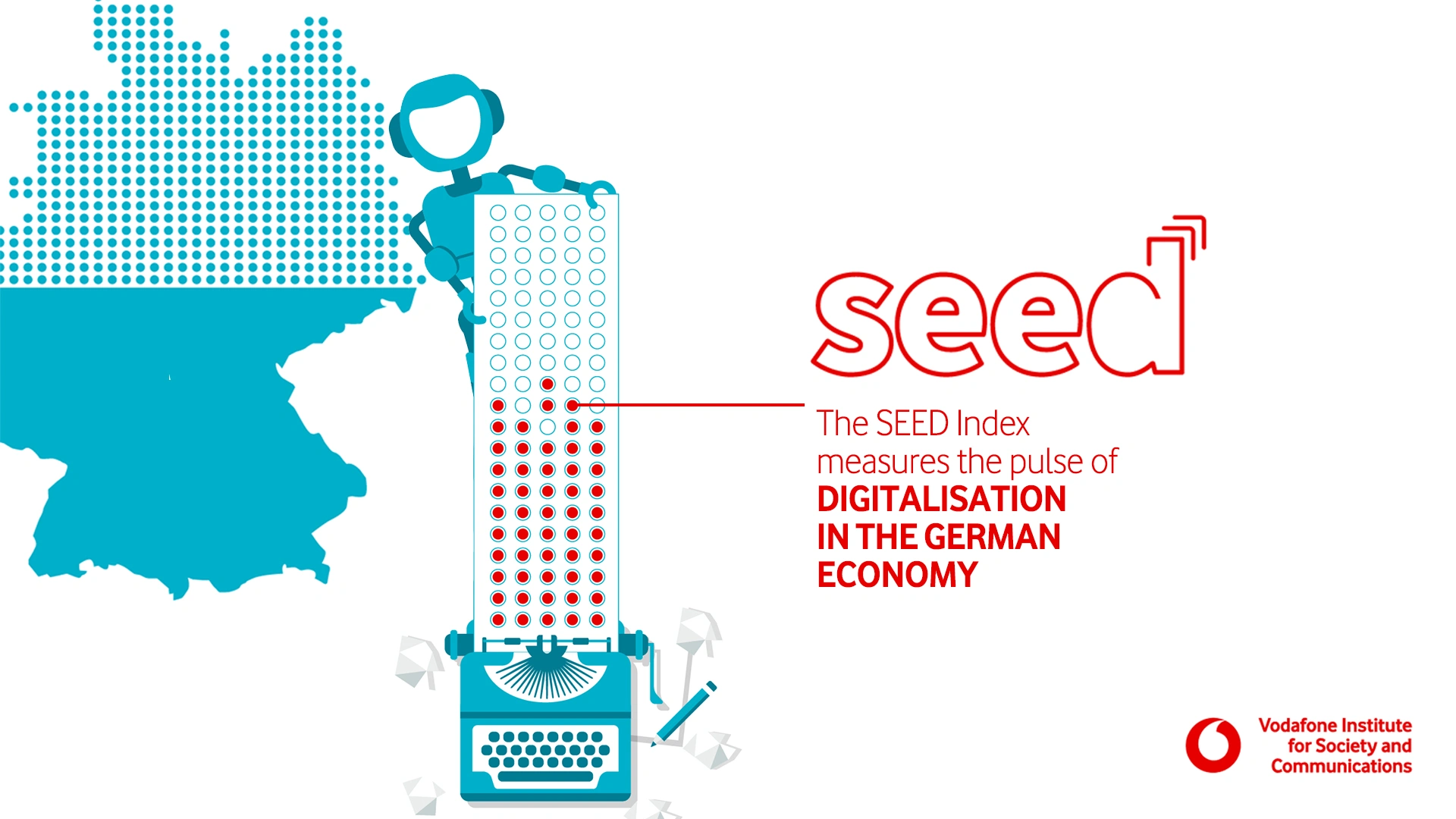As Safaricom marks its 25th anniversary, CEO Peter Ndegwa reflects on the company’s purpose-led origins, its expansion into Ethiopia, the transformative power of M-PESA, and how AI and satellite technology will shape the next chapter.
It’s Safaricom’s 25th anniversary. What milestones are you most proud of?
From the start, Safaricom set out to do more than hit commercial targets. We were built on a purpose - to transform lives - and that shaped how we show up across Kenya. In many places, we supported schools and hospitals before our network arrived. That mindset of serving society first is why Safaricom is such a loved brand.
Our foundations, M-PESA Foundation and Safaricom Foundation, are the largest in the region and keep us close to the communities we serve. On the customer side, we’ve grown into a company used by over 50 million people, both for connectivity and for mobile money, by staying innovative and focused on impact.
I like to describe our impact in three ways. First, we are the biggest supporter of the passion points that matter to Kenyans, like sports, music, culture, especially for young people. Second, through our foundations, we partner deeply with communities. Third, the way we deliver services promotes inclusion: our network connects people wherever they live, and M-PESA drives financial inclusion, connecting people to people, people to opportunity and people to knowledge. Today, around half of Kenya’s economic activity passes through the M-PESA ecosystem.
I’m also proud of our people. We’ve been recognised repeatedly as a top employer and a leader in diversity and inclusion, from enabling colleagues living with disabilities to championing women in technology and business. We recently refreshed our employee value proposition to “I Am Safaricom”, which is about unleashing personal ownership and pride in the societal challenges we’re solving together.
Sustainability is equally central to how we operate. We’ve embedded UN Sustainable Development Goals into the business, set clear environmental, social and governance (ESG) targets, and published comprehensive sustainability reporting for many years.
For me, Safaricom’s story is really an impact story, with commercial success following from that purpose.

It’s five years since Safaricom was licensed in Ethiopia. What challenges did you face, and what are you most proud of?
Ethiopia is one of the most exciting chapters in our story. We led a consortium with global partners, including Vodafone, Vodacom, Sumitomo, British International Investment and IFC, and secured the licence right after the pandemic. The opportunity was clear: a large, under-served market where improved connectivity could change lives at scale.
But the challenges were real. Security came first. When we entered, conflict in the north of the country meant we couldn’t build a network there. That has since stabilised, and we now provide services in areas that were initially out of reach.
The economic environment also tested us. Ethiopia was a tightly managed economy; foreign exchange was controlled, price regulation was common, and the currency weakened significantly over time. It’s a low-priced market, and the incumbent operator, being state-owned, cut tariffs when we arrived. For a private company entering the market, that mix of factors makes it harder to stay profitable and slows down how quickly you can grow.
Regulation added another layer. There wasn’t a telecom regulator initially, and as a proud nation, Ethiopia is naturally cautious about foreign entrants. Building trust and shaping a level playing field took time and careful partnership with government.
Then there were operational realities. In a system designed primarily for state-owned enterprises, everything from customs to site deployment required patience and persistence. We had to help the system adapt to the needs of a large private-sector build.
Despite that, we moved fast and purposefully. We’ve made a multi-billion dollar investment, built thousands of sites, and attracted millions of customers in just a few years. Mobile data usage is growing strongly. We launched mobile money and are seeing traction there too, even though the market will evolve differently from Kenya. What’s changed already is the customer experience: the quality of voice and data service has improved markedly, and coverage has expanded from limited levels to substantially higher nationwide. Competition has raised the game for everyone, and Ethiopian consumers are benefiting.
We’ve also launched the Safaricom Ethiopia Foundation, starting the same community journey we’ve had in Kenya. The near-term priorities are clear: make the business sustainably profitable and ensure the industry structure supports fair competition. The long-term opportunity is enormous: to help in digitising the economy and to give more Ethiopians the benefits of modern connectivity and financial services.

You mentioned M-PESA several times. Is it the most transformative piece of the Safaricom story?
M-PESA is the pioneer of financial inclusion in our markets. Before it, many communities were unbanked or underbanked, especially outside major towns. M-PESA changed that. It started simply: sending money from person to person, often from urban to rural. Then it grew into payments to merchants, then into small ticket credit, and today it underpins day-to-day life for millions - students, farmers, small traders, families - whether they have a traditional bank account or not.
Across multiple countries, M-PESA now processes vast volumes of transactions every day and serves tens of millions of customers. In Kenya alone, the merchant base runs into the millions, and more people access short-term credit through M-PESA each month than through the traditional banking system. It’s not just convenient; it’s a catalyst for employment and growth.
Its impact also extends to public services and social protection. We help governments digitise payments, deliver subsidies to farmers, and modernise healthcare transactions. During droughts and floods, M-PESA has been used to send aid directly to recipients, so that help reaches the right people and they can decide how best to use it. International organisations, including UN agencies, rely on it to provide stipends to refugees for the same reasons: speed, transparency and control for the end user.
So, what’s next for M-PESA?
Having driven financial inclusion, we’re focused on financial health. That means making credit more affordable and responsible; expanding access to savings, investments and insurance; and helping small businesses manage cash flow and grow. We recently launched ZiiDi - “grow” in Swahili - which lets people invest from very small amounts as little as KES 100 in a money market fund straight from their M-PESA wallet. For many, that’s their first step into formal savings and wealth building.
We’re also using technology, especially AI, to personalise experiences and bring more services into a single, intuitive super app. As smartphone adoption rises, we can improve usability, add new payment methods, and tailor offers in ways that genuinely help people manage their financial lives. The goal is for M-PESA to be the financial lifestyle companion for individuals and an empowering platform for small businesses across Africa.
AI and satellite are on everyone’s lips. How are they shaping Safaricom’s strategy?
On AI, our ambition is to become AI native, not just AI enabled. We’ve invested in big data for years and built a central AI tribe - a team of data scientists and engineers serving the whole organisation. They help us do three things better: understand our customers, improve productivity across the business, and elevate the customer experience.
You see this in smart segmentation and dynamic pricing, in how we detect and prevent fraud in financial services, and in the tools our teams use every day. Equally important is bringing our people along, investing in skills so AI augments their work and opens up new opportunities.
On satellite, Africa’s scale and geography mean there will always be areas that are hard to reach with traditional infrastructure. Satellite is a complement, not a replacement. We see three big roles. First, direct-to-mobile to move towards near universal coverage, even in the most remote places. Second, backhaul, which is vital in markets like Ethiopia where fibre is still developing; to help light up sites faster and more cost effectively. Third, broadband - bringing reliable connectivity to rural communities, on the water and in other challenging environments.
We’ve been actively involved in satellite connectivity trials and are already in commercial discussions in Kenya. A big part of the work is engaging regulators so that policies recognise satellite as a complementary technology, support the full ecosystem and ensure fair competition. Ultimately, we want customers to benefit from the best of both worlds - terrestrial networks where they make sense and satellite where connectivity is limited.
Thanks to Peter Ndegwa for sharing his insights as Safaricom marks 25 years of impact. Find out more about Safaricom at www.safaricom.co.ke



























